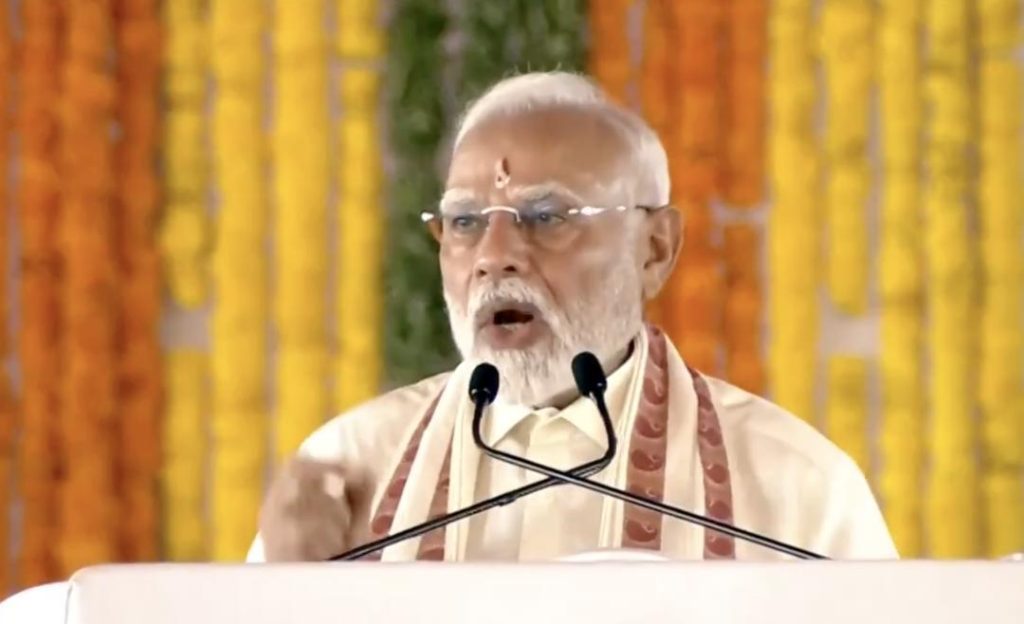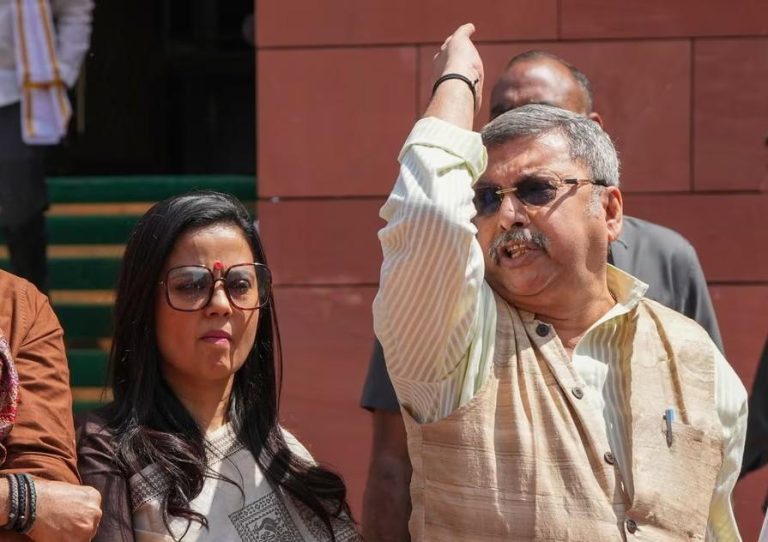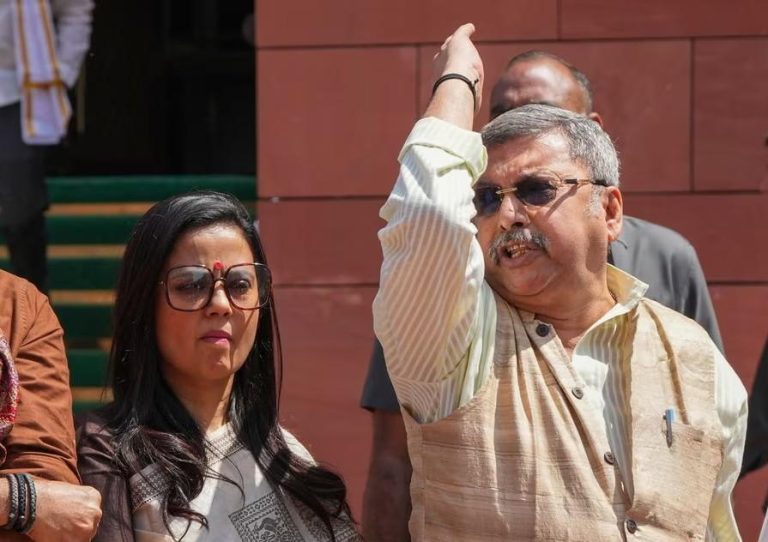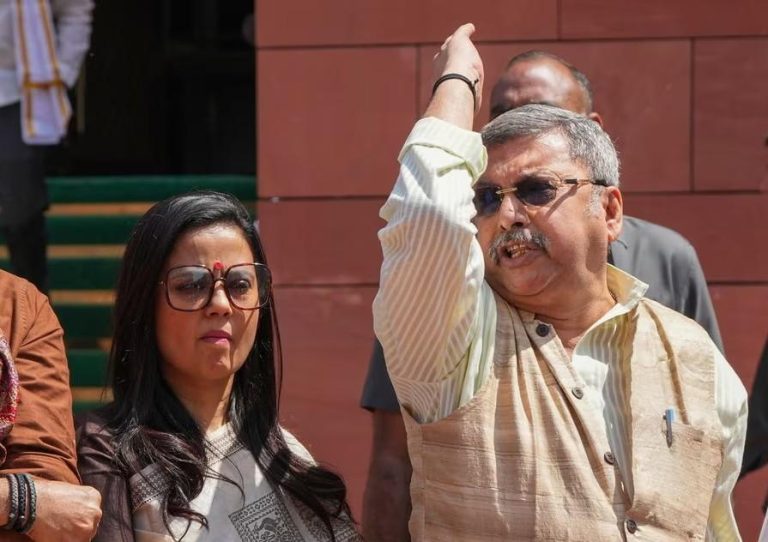
Why don’t they use Tamil to sign letters: PM amid 3-language row
Tamil Nadu has been at the center of a heated debate over the three-language formula, with Chief Minister MK Stalin and his government vocally opposing the move to make Hindi a compulsory subject in schools. Amidst this controversy, Prime Minister Narendra Modi has taken a dig at the Stalin-led government, questioning their commitment to promoting the Tamil language.
Speaking at the inauguration of a rail bridge in Tamil Nadu, PM Modi took a swipe at the state government’s ministers, saying, “Tamil Nadu ministers talk about pride in their language but always write letters to me and sign off in English. Why don’t they use Tamil language? Where is their Tamil pride?”
The comment has sparked a heated debate, with many interpreting it as a veiled attack on the state government’s stance on the three-language formula. The PM’s remarks have also raised questions about the use of languages in official correspondence in Tamil Nadu.
The three-language formula, which was introduced by the previous AIADMK government, requires students to study three languages – Tamil, English, and Hindi – in schools. However, the Stalin-led government has been opposing the move, citing concerns over the dominance of Hindi and the erasure of Tamil culture.
The PM’s comment about ministers writing letters in English has been seen as a reference to this debate. Many have pointed out that while the government talks about promoting Tamil and opposing the three-language formula, its ministers continue to use English in official correspondence.
This is not the first time that PM Modi has criticized the Tamil Nadu government over language issues. Last year, he had criticized the state government for not using Hindi in official documents, saying that it was a “small step” towards promoting the language.
The controversy over the three-language formula has been simmering for some time, with the Tamil Nadu government holding multiple protests and demonstrations against the move. The issue has also been taken up by various political parties, including the DMK, which has been leading the charge against the central government’s move.
Despite the controversy, the central government has maintained that the three-language formula is essential for promoting national unity and cultural exchange. The government has also argued that the formula is not mandatory and that states have the flexibility to choose the languages they want to teach.
However, the Tamil Nadu government has rejected these claims, saying that the formula is a threat to the state’s unique culture and identity. The government has also argued that the formula is a ploy to promote Hindi and make it a dominant language in the country.
The controversy has also highlighted the complex issue of language and identity in India. Many have pointed out that language is a deeply personal and emotional issue, and that the promotion of one language over another can have far-reaching consequences for cultural identity and national unity.
In conclusion, PM Modi’s comment about ministers writing letters in English has sparked a heated debate about the use of languages in official correspondence in Tamil Nadu. The controversy has also highlighted the complexities of language and identity in India, and the need for a nuanced approach to promoting national unity and cultural exchange.




